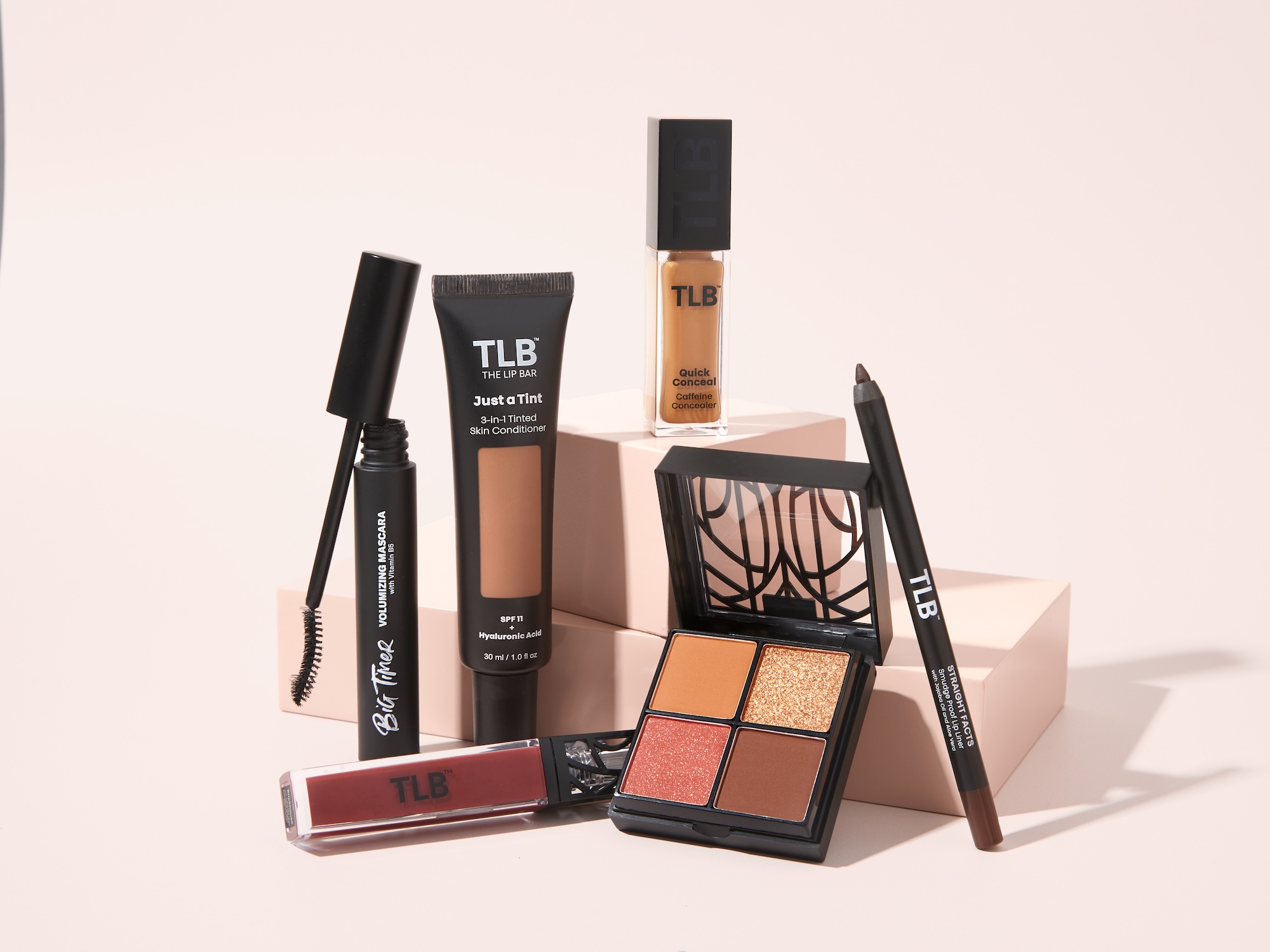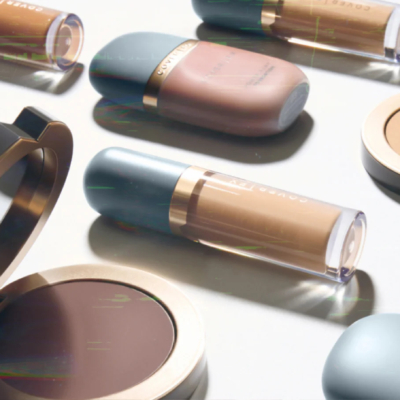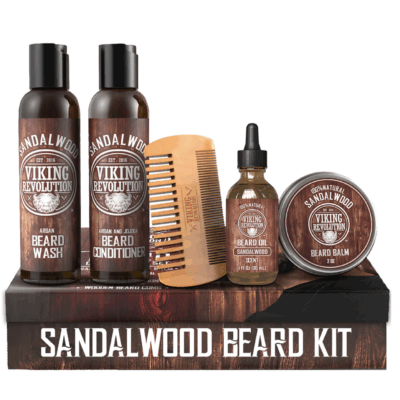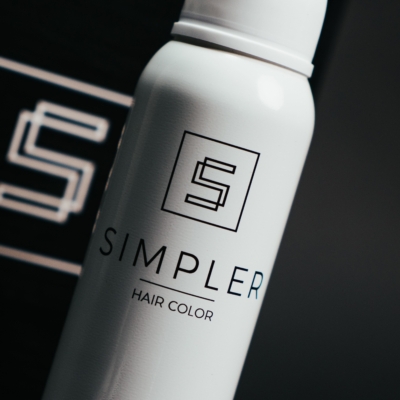
The Strategies Behind The Lip Bar’s 40% Growth Despite 30% Drop In Target Sales
Although Target’s sales have slipped this year, The Lip Bar, the largest Black-owned makeup brand the big-box chain carries, is seeing its business head in the opposite direction.
This year, it expects sales to be up 40%, despite its sales from Target being down about that amount, and its earnings before interest, taxes, depreciation and amortization (EBITDA) to double. Founder Melissa Butler attributes The Lip Bar’s resilience to its willingness to change. She says, “That has been our superpower and why we have been able to grow in and through tough markets.”
The brand has changed by focusing on distribution and assortment diversification. The Lip Bar is available at 2,000 stores nationwide across Target, CVS and Walmart and is sold on Amazon. “In the last almost two years, we have had a ton of momentum,” says Butler. “We have really been able to double down on our community, we’ve been able to double down on our profitability, and we’ve been able to double down in terms of curating products that have allowed us to not only stay afloat, but frankly to grow.”
Started 13 years ago, The Lip Bar raised $2 million in seed funding from New Voices Fund in 2018 and launched into Target. Four years later, it secured a $6.7 million funding round led by Pendulum, with participation from The Fearless Fund and Endeavor. That capital helped the brand expand its Target shelf space by 700%.
But The Lip Bar hasn’t had any easy path. In 2022 and 2023, Butler recalls the brand nearly ran out of capital. “We were so underwater either in our lack of inventory and not being able to fulfill purchase orders or our excessive amounts of inventory and trying to figure out, did we actually put our cash to the best use?” she says. “There’s no such thing as a business that is in constant ascension. That’s a farce. There will be tough times.”
In a candid interview with Beauty Independent, Butler elaborates on the strategies that have propelled The Lip Bar’s growth despite the decline at Target, why brand founders shouldn’t concentrate on selling, the difficult discussion around Black-owned brands broadening their audience beyond Black consumers, and the impact of tariffs.
What was your reaction to Target rolling back DEI initiatives?
My initial reaction was to FaceTime with the Target team to understand, what does this mean for my business? What does this mean for Target’s policy? How will this ultimately impact my business, my customers? It sucks because what we were told very immediately is that Target is still showing up for its commitments. Nothing has changed.
The Lip Bar launched at Target in 2018 pre the DEI commitments of 2020. We were hoping they would make a redeeming statement saying, “We’ve always shown up in a diverse and inclusive way, and that’s not going to change.” Unfortunately, that statement never came. That was disappointing, but my relationship with Target hasn’t changed. I have not seen them pull back on any of the commitments they have made for our company.
Has your distribution strategy shifted since?
Our sales are absolutely down any given week at Target. We’re down approximately 30% to 40%, which is very painful for a small business. I think that we will see some businesses suffer fates that we don’t want to see from this.
Even before the Target DEI news came out, our strategy was to broaden our scope at a product level. A lot of people know us for lip, but don’t know that we sell tinted moisturizer, concealer or skincare. Our strategy was to increase visibility of our additional products and additional retailers and to diversify our audience. Luckily, that supported the shifts that our customers were inevitably going to make.
So, even though Target is down 30%, 40%, The Lip Bar as a business will be up 40%, and we will be doubling our EBITDA this year, which is such a big win because two and a half years ago we were on the brink of running out of capital. We were on the brink of perhaps having to lay off some team members.
We pivoted the strategy to lean into our core. What is it that people want from us? How do we center culture and our community in such a way that they are more loyal? People have this fear of missing out, and that is a challenge for a 13-year-old business. How do you remain relevant when people innately want to shop the new shiny, exciting thing?
We’re in Target, Walmart, CVS, Amazon. We have been focusing a lot more energy on Walmart and Amazon specifically as retail partners, but the biggest shift has been really going back to our dot-com. When I think about distribution, one distributor is never enough. My strategy is to make sure that we are showing up where our customers want to shop.
Amazon has been crushing it, it’s No. 1 in beauty right now. We wanted to put more emphasis on Amazon while making sure that we continue to have that connection with our community by focusing on our dot-com, which is up 150% to last year.

How do you stand out on Amazon?
Whether it’s our dot-com, Amazon, Target or TikTok Shop, it’s really about social relevance first. If you are telling a unique story, if you have a point of view or education that people want to lean into or learn from, and you build that audience on social, they will then take that curiosity, put it into Google, TikTok Shop or Amazon, and then you have your conversion.
For us, Amazon is about ensuring that our pages are up, our retargeting is set up in such a way that when people discover us on these social platforms, they can easily shop us in whatever their preferred place is.
The Lip Bar has a store in Detroit. How does that factor into the business?
If it’s not a profitable channel, we cut it. So, the store is making money. It’s not making a ton of money, but the true value in the store is that we get to learn. We get to test new products, we get to have a space for our community.
As AI continues to ramp up and people continue to question what’s real, having those one-to-one high touchpoints like our physical store, I think is going to be crucial in terms of understanding what the actual community wants, how the culture is moving.
And because we are sold in mass channels where you don’t get to try on, people love to come in and try on the tinted moisturizer or Boss Lady, for instance. What The Lip Bar provides to our customers is this idea of effortless beauty. It’s not no makeup makeup in terms of the yoga face, but we don’t want you to have to have a PhD in order to do your makeup. [Our services] started with us teaching people how to do their makeup, how to use our products, and then we started offering brows and full-on makeup application.
How have you managed social media for The Lip Bar over the past 13 years?
Your business should never be the trend, but you should always be aware of the trends. You should always understand what is moving your customers, what is moving the market. As a small business owner, it is rare that you are a market mover. You are oftentimes subject to the whims of the market, and you have to understand how to play the game. How does your product coincide with this market movement? How is your product still relevant with this trend?
The other thing that resonates is honesty. I am a very honest person. I say things that sometimes people don’t want to hear or can be a little controversial, but I don’t shy away from that, especially if I think it will positively impact the community. People have responded to that honesty because beauty used to be from a place of pure vanity. When you can come through with a perspective that is raw and honest, the customer will reward you for that.
An example of your rawness is a video you posted recently about the importance of Black-owned brands not just creating products for Black people. How have you managed to do that with The Lip Bar?
I’m not speaking from this high horse, you need to do this from a person who’s already figured it all out. We are still figuring it out. This is me being very transparent about something that we are actively working on. When you look at a lot of the businesses, particularly in color cosmetics, that have gone under in the last five years it is because they were only talking to Black women. I wanted to be honest about that.
The way in which you do that without getting the backlash is by still super serving your community. I am a Black woman from Detroit, I went to an HBCU. There’s no way that I’m not going to continue to show up for my community because showing up for my community is showing up for me.
My team is 100% women, 70% Black women. It’s very natural for us to serve our community, but if you are trying to build a scalable business, you have to think about culture from a perspective or a wider aperture to say, how is culture showing up for all of these people, not just the community that looks exactly like you? There are many brands that have been able to do that successfully.
This is very controversial, but it’s not like it was only white women who were stay-at-home moms wearing Lululemon. Everyone was wearing it. My stance is that, if you create an amazing product, and if you are creating a product that is relevant to your community and relevant to culture, you can easily attract people outside of yourself. You just have to be willing to take the risk and say, I’m doing this in a way that supports Black women first, but also in a way that is opening to a broader community.
Now, if you are only very intentionally building something for Black people, that’s totally fine, and that could work. For instance, in haircare, there is a very specific texture that no one else on the planet has other than us. But, in real life, there’s no difference between a white woman’s, Black woman’s lips, Latina woman’s lips or Asian woman’s lips. So, why put yourself on the margins of beauty?
You mentioned during a Business of Fashion conference that it takes other women outside of the Black community to realize that just because a product is made by a Black person doesn’t mean it’s only for Black people.
We do need people to check their bias. They need to understand why is it that when you see a Black woman or a Hispanic woman or just someone who doesn’t look like you centered in beauty, why you think that you are not supposed to shop. If we want to see a diverse industry, we have to be OK with shopping in a diverse way, which does require people to check their bias. That is what true integration and partnership and allyship looks like in the industry.
What advice do you have for brands to not only survive, but thrive in these unpredictable times?
The most important thing that people can do right now is to not focus on selling a product. Everyone is selling right now. You go on TikTok and your cousin is selling, your sister has an affiliate code. People are tired of being sold to right now.
If you are looking to survive this moment, I would recommend that founders invite their customers in, give them a glimpse into what’s happening, show them the why, but also show them the how so that they have a better perspective as to why your costs have to go up, how tariffs are impacting your business, why you guys are live shopping, how your product fits in their lifestyle or their world.
Everyone wants to be a part of something. So, what does it mean to be a Lip Bar customer? If you let your customer in, you are so much more likely to have loyalty from them. So, let ’em in.
How have the tariffs impacted your brand?
The biggest takeaway for founders is they should know their numbers. When those tariffs were literally changing every day in April, I was actually in Taiwan negotiating with our suppliers. We produce a lot of our products in Taiwan, and I was there on the front lines trying to understand how we solve the problem together because they don’t want to lose my business. I can’t lose a ton of margin. I can’t lose profitability.
Our costs have absolutely gone up. In some instances, only 10%. In other instances, 30%, depending on the time of year when we were receiving the freight. They have absolutely impacted us. We took prices up on some of our key SKUs in November. When we saw the election results, we knew what was coming.
It has made us shift our marketing budget. It has made us shift our people budget because we want to make sure that we can actually not only survive, but we can thrive, and we’re not figuring out that we have to make changes too late in the game.
This interview has been edited for clarity and brevity.





Leave a Reply
You must be logged in to post a comment.